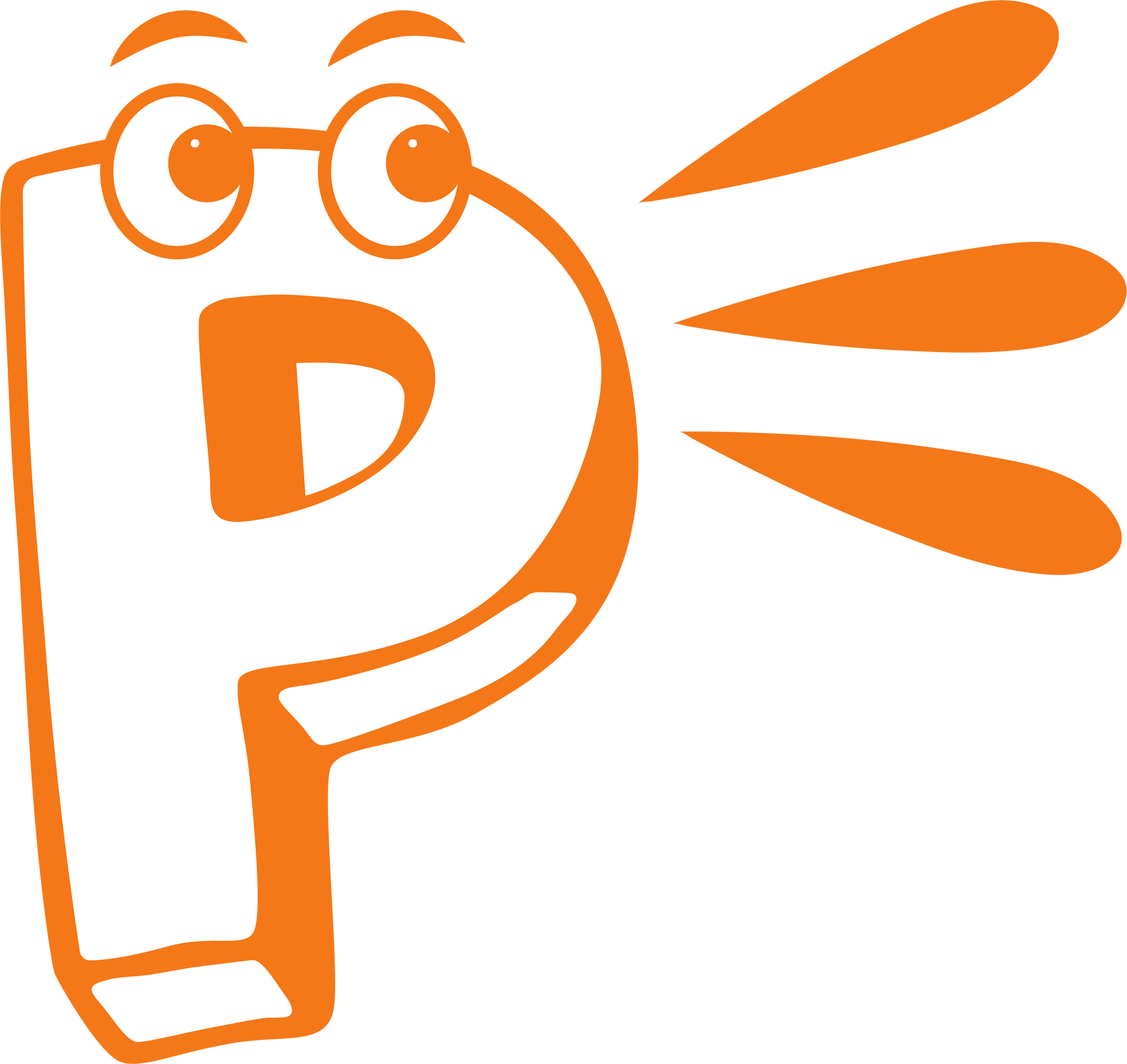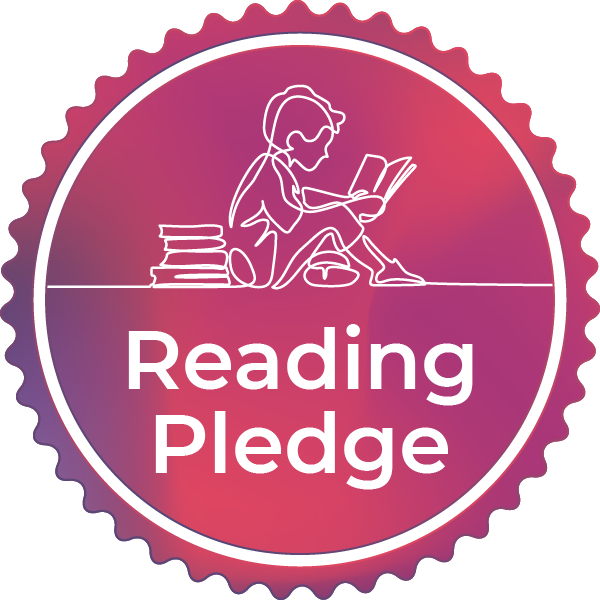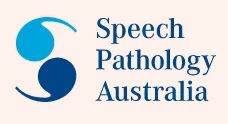
Frequently Asked Questions
-
How much does tutoring cost?
Our tutoring programs are based on what each individual student needs and wants from their learning. Book an initial assessment with one of our tutors, who’ll meet with your child to determine how we can help. Once we determine what’s needed and wanted, we’ll be able to recommend the best learning program for your child.
-
How does tutoring online work?
Using the very best online resources and latest technology, we engage in a live classroom learning experience that’s both fun and interactive. Learning is facilitated to help students participate and interact online using features that keep engagement and motivation high. Our tutors use many different audio and visual aids, and our small group settings allow students to work in teams and brainstorm, increasing confidence and collaborative learning. Between sessions, homework tasks will be assigned to consolidate the learning and progress is tracked with ongoing testing and session notes that parents have access to following the completion of the session.
-
What do I need to set up an online tutoring session?
A laptop, computer or tablet with an internet connection, audio and a webcam is all you need to get started. A good headset with a fitted microphone as well as a digital pen is ideal but not essential.
-
My child is easily distracted. Is online learning the best way to go?
Our professional tutors will guide your child throughout the session, and they go above and beyond to make sure the session is engaging and fun. Our students are never just watching a screen; we keep their attention through two-way communication, interactive activities, and classroom discussions.
-
Is online tutoring just as good as face to face?
Pioneers was founded as a face to face tuition service, but we switched to online tutoring because we recognised the potential benefits for our students. We are unique in that we have maintained our traditional teaching style in an online space. We’ve invested in state-of-the-art online resources and interactive tools, and we’ve seen the improved results first-hand. Online tutoring removes the hassles of travel and classroom organisation as your child can learn from the comfort of their own home.
-
How many tutoring sessions should my child attend?
Our students attend at least one session per week, focusing on either Maths, English or both. The number of sessions can increase depending on the students learning needs; the tutor will assess this in the initial assessment.
-
Can I change my child’s session time?
If your child cannot attend an upcoming lesson, give us at least 1 week's notice, and we will either reschedule or cancel the session with no charge.
-
Our school has advised that our child is exhibiting unwanted behaviour in class/is too far behind academically. Can tutoring help, or is our only option a visit to the GP/psychologist?
Sometimes, a child will need medical intervention for learning or behavioural difficulties, and tutoring isn’t a replacement for medication or therapy. The root cause of the child’s problem needs to be identified, and only when the cause is addressed will the issues improve. According to Dr Linda Graham, Senior Researcher at the Faculty of Education and Social work at Sydney University, resources would be better spent giving teachers the skills and support to deal with a variety of children’s behaviour rather than singling out so-called disorders. A letter to the Education Minister by 14 researchers, including Dr Graham, criticised moves to instruct teachers to look out for ADHD, stating that this could cause teachers to miss signs indicating other difficulties at home or with learning. “The diagnostic criteria for ADHD over the past 15 years have been expanding, and it is now possible to diagnose one of my cats,” Dr Graham told The Australian.
Education has regressed with the introduction of psychological concepts into the curriculum. For example, phonics are ignored in some areas, and children have been forced to memorise nearly every word without understanding the logical sequence of letters or their sounds. Over the years, it has had different names: from “Look-Say” in the 1940s and 50s, “sight-word” method in the mid-to-late-1960s, to “psycholinguistics” “Whole Language” or “Whole Word” in the 1980s. Consequently, students simply don’t understand what they are being told to study.
Therefore, educational basics and tutoring could be key tools to address “challenging behaviour.” If a child is behind in a subject, tutoring on that subject should also be considered.
Furthermore, in many cases, the child is inattentive in school because they are incredibly talented and bored. Former US President Bush’s 14-year-old nephew, Pierce, is an example of this. In 2000 he appeared on the Larry King Live TV show in the United States with his father, Neil, who explained how Pierce was told he had ADD and needed a stimulant. The boy refused to take it. Instead, Pierce was given 3 1/2 days of assessment and was found to be a “gifted and talented kid.”
Sources: PDF Download
-
Is there an alternative to psychotropic drugs for children?
Parents are not being informed about the alternatives. A child can suffer underlying physical problems manifesting as symptoms of “ADHD” and may need to be assessed for special talents and gifts. They may also be lacking in exercise, communication, diet or discipline. If they are behind in school, they may also simply need some tutoring to help get them back on track.
Children, indeed all of us, must be provided with proper and effective medical care. Sound medical attention, good nutrition and a healthy and safe environment can prevent the stigmatising and discriminatory effects of psychiatric labels and treatment. Children have every youthful right to expect protection, care, love and the chance to reach their full potential in life. Psychiatry’s labels and drugs deny these rights. There are non-psychiatric alternatives that do exist and do work.
For more information, head to: https://cchr.org.au/alternatives
Natural alternatives reference: PDF Download
Or check out this YouTube video by Dr. Josef: https://www.youtube.com/watch?v=_113_-b326U








